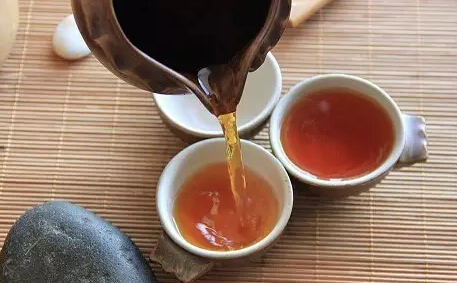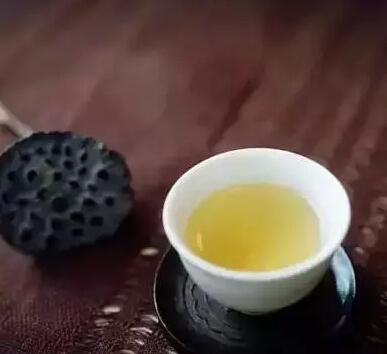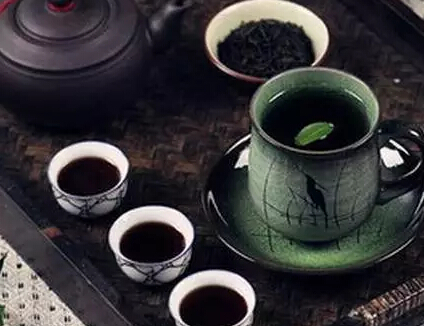Who needs to drink tea the most?

1. "Alcohol Stomach" Individuals:
Social engagements involving banquets and drinking are a significant part of the work and life of white-collar professionals. While raising glasses in celebration, the idea of protecting the stomach often evaporates with the alcohol. By the end of the event, they often experience a bitter and dry mouth, a burning sensation in the stomach, and the onset of stomach pain.
2. "Smoking Stomach" Individuals:
These are people who develop stomach problems from smoking. White-collar workers often exchange cigarettes as a gesture of respect during social interactions. Many intellectuals also enjoy lighting a cigarette to relax or "stimulate inspiration" while thinking. Over time, this habit can become uncontrollable, leading to unconsciously increasing cigarette consumption, which gradually damages the stomach lining and causes conditions like gastritis and ulcers.

3. "Stress Stomach" Individuals:
During economic downturns, white-collar workers face even greater work pressure and busier schedules. Striving for outstanding performance, they often eat irregularly, leading to stomach imbalances.
4. "Late-Night Stomach" Individuals:
Even without work-related reasons, white-collar professionals tend to stay up late for entertainment, disrupting their sleep schedules. This unhealthy habit can lead to irregular stomach acid secretion, eventually resulting in stomach problems.

5. "Junk Food Stomach" Individuals:
When busy, white-collar workers not only eat irregularly but also consume whatever is convenient, regardless of nutritional value. They may indulge in spicy, fried, cold, salty, or preserved foods, along with alcohol, strong tea, coffee, and other junk foods, increasing the risk of stomach cancer.
6. "Mixed Stomach" Individuals:
These individuals suffer from a combination of the above factors, leading to frequent stomach problems. This scenario is more common among male white-collar workers.
Drinking tea can easily address a range of stomach issues, especially varieties like red tea, oolong tea, and Da Hong Pao. These teas are warm in nature, and the tea polyphenols in them undergo enzymatic oxidation, reducing their content and thereby lessening irritation to the stomach. They possess remarkable stomach-nourishing properties.